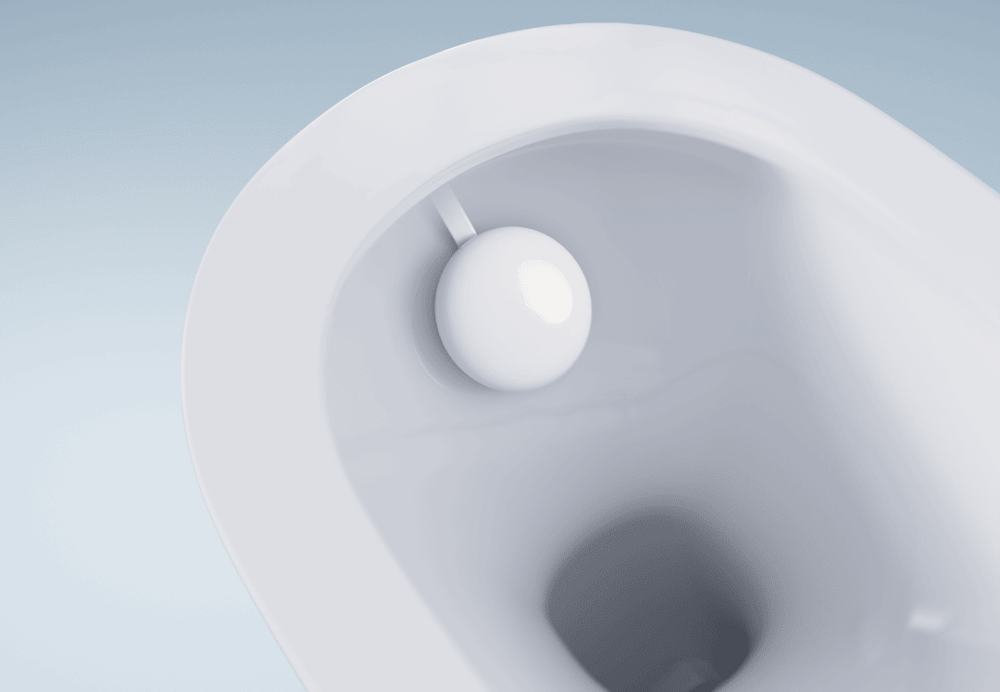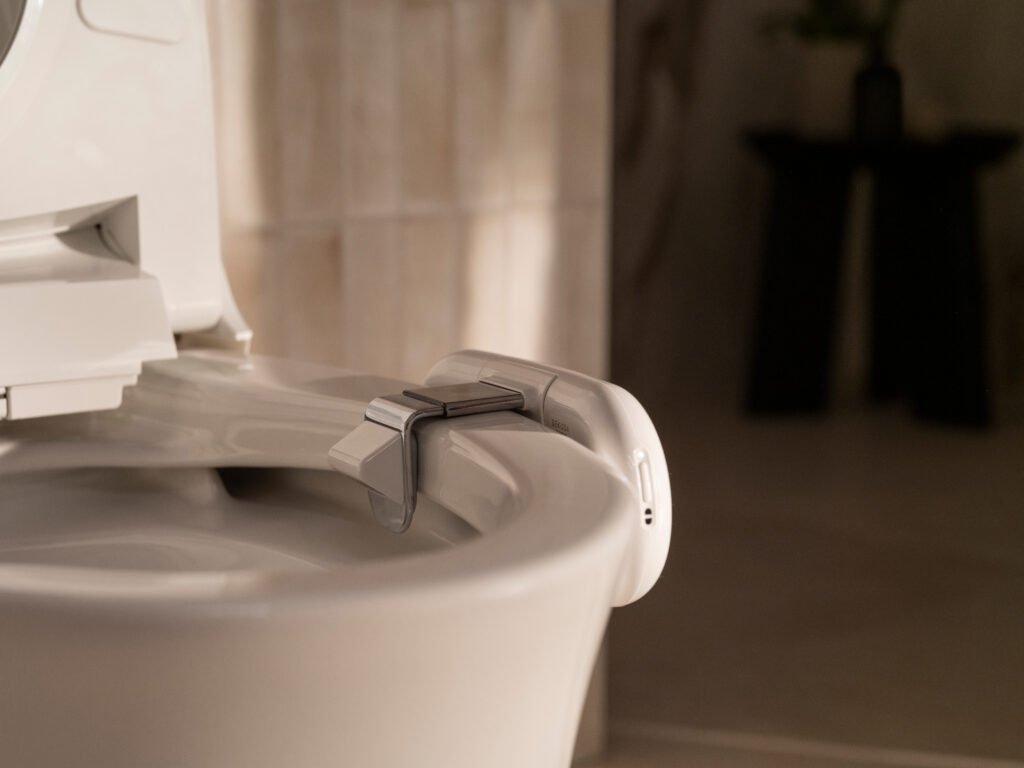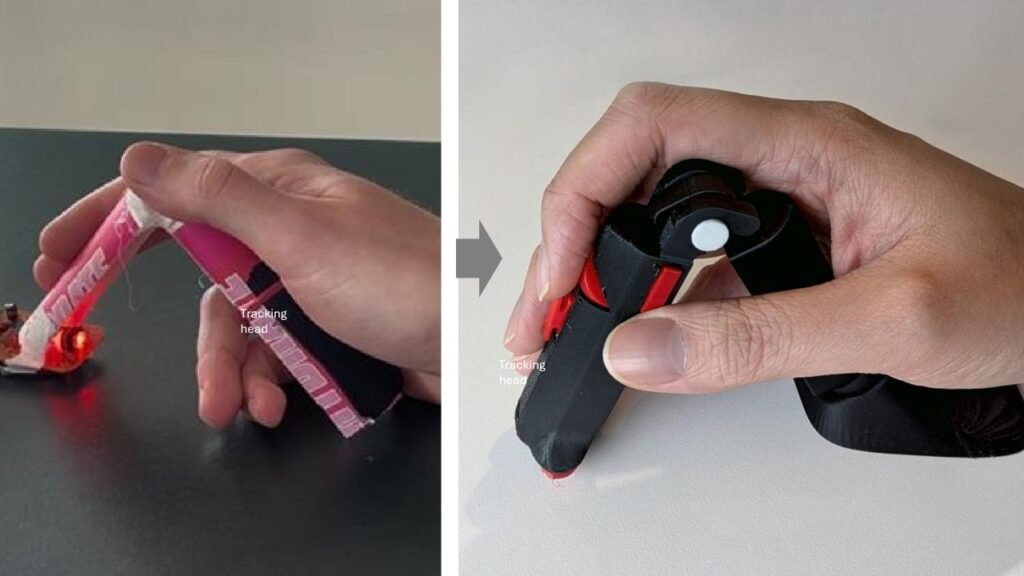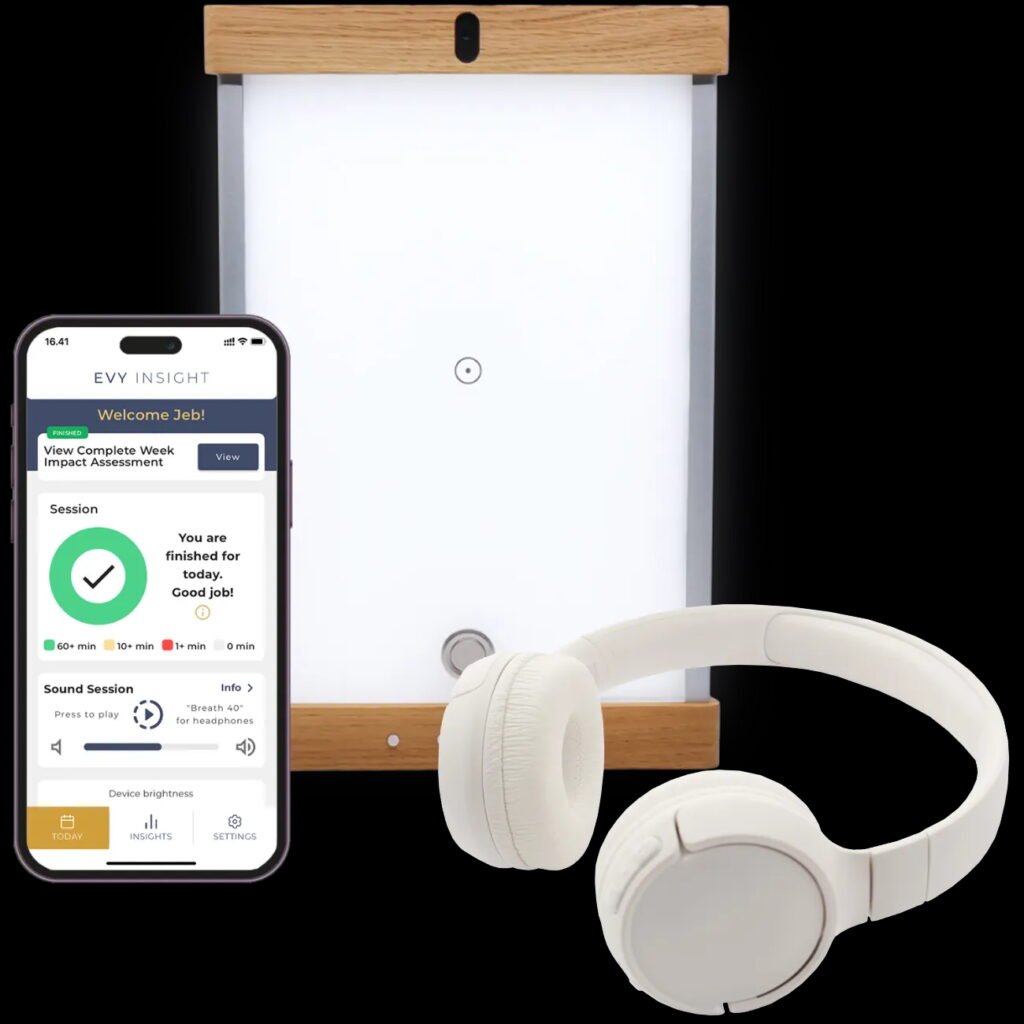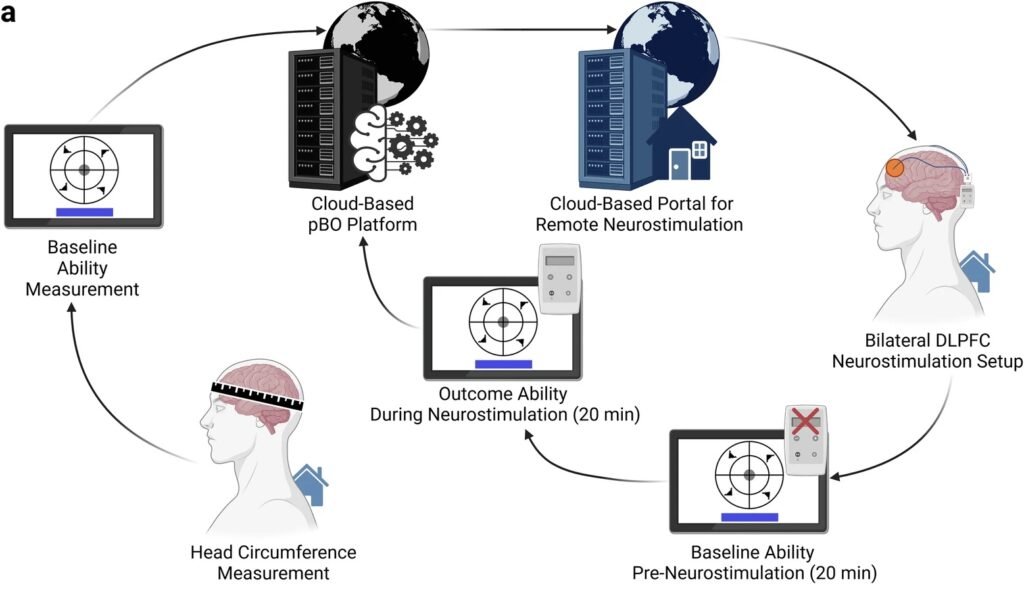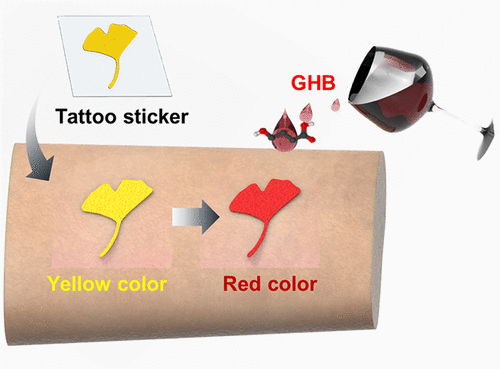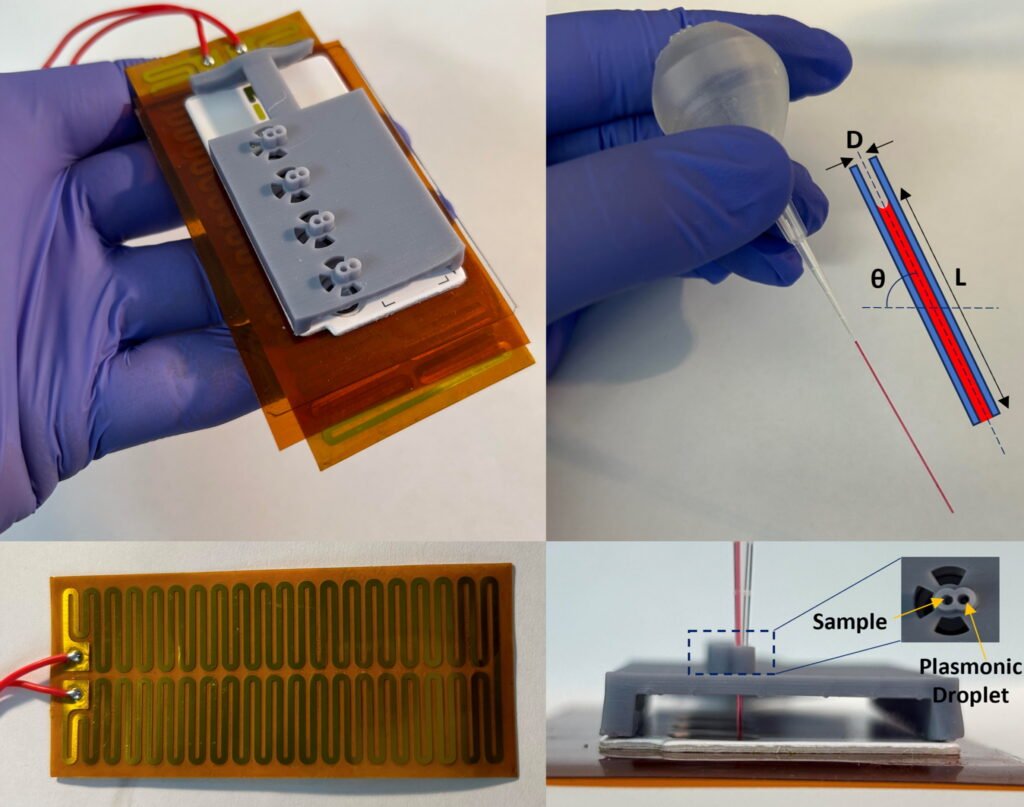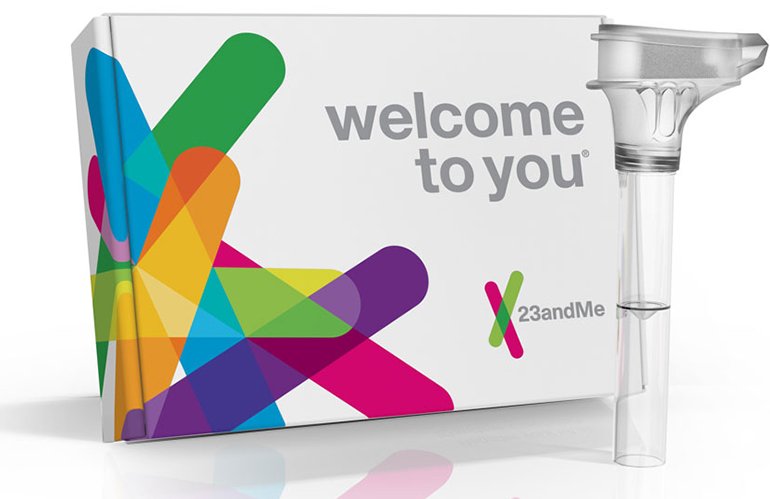AI-Powered App Enables At-Home Sleep Stage Monitoring for Alzheimer’s Research
Sleep research is entering a new era of accessibility thanks to a wearable app developed by engineers at the University of Massachusetts Amherst. The app, called BIDSleep, transforms consumer-grade Apple Watches into advanced sleep monitoring tools, allowing researchers to track […]
AI-Powered App Enables At-Home Sleep Stage Monitoring for Alzheimer’s Research Read More »


